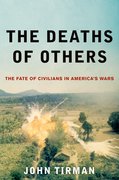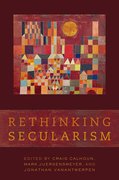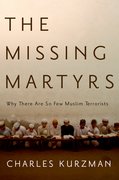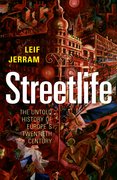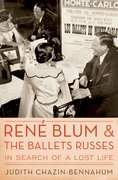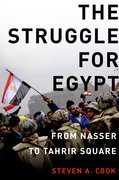Ethiopia and the BBC: The politics of development assistance
By Peter Gill
In the course of 17 minutes, Newsnight managed to review six years’ worth of all that had gone wrong in Ethiopia, from post-election violence in 2005, to the intensified anti-insurgency operations in Somali Region after 2007, to more recent opposition complaints that their supporters were being deprived of international development assistance. To emphasise the British aid connection, the film concluded: ‘The purpose of development aid is to help Ethiopia on to its feet, to establish democracy, justice and the rule of law. The evidence we’ve gathered suggests it is failing.’


